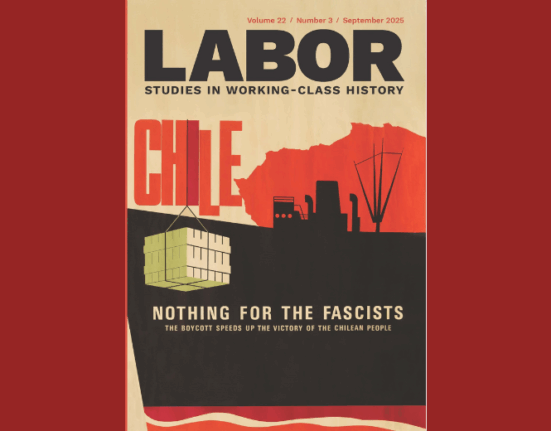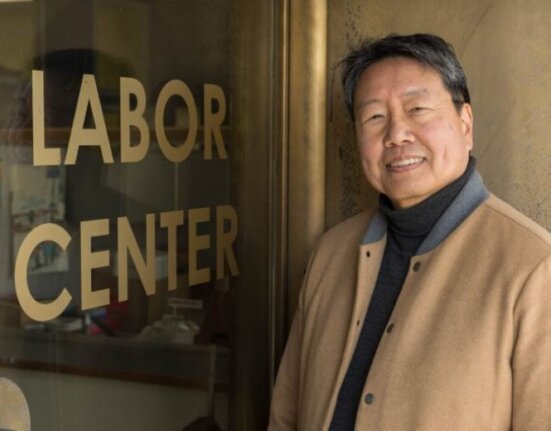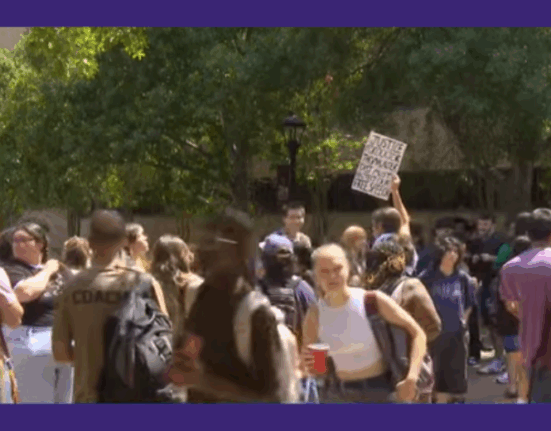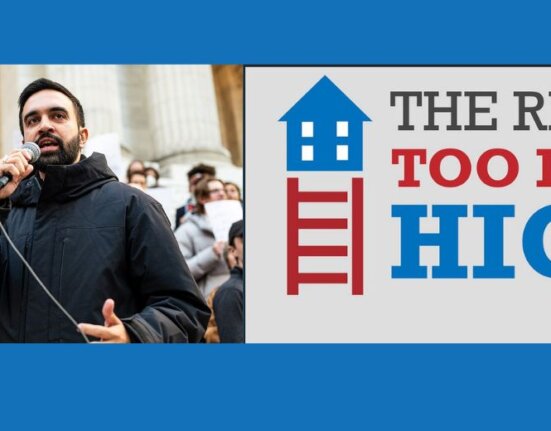In the heat of a presidential election, I can’t help but be one of those people. You know, the ones who forward on Samuel Jackson’s “Wake the f**k Up” video, who belly laugh at the Simpson’s parody of Romney, and who tear up at the sight of Barack Obama and Chris Christie walking through Sandy’s devastation (places friends and family call home). No wonder John Nichols’s blog, “Today Comes the Referendum: Will We ‘Take Care of Our Own’” struck a chord. And when Obama gave his victory speech, I got goose bumps.
My name is not Pollyanna, and I know my idea of taking care of our own looks different than the President’s because I screamed at my television and radio during much of his first term. Is he really going to call that financial reform? What, no single payer option in the discussion? Drones, really? Where was he when it came to Wisconsin’s public sector workers, Chicago’s teachers, and the Employee Free Choice Act? What do you mean the wealthy are getting a tax cut? Can he seriously be promoting fracking?
Each disappointment reinforced my belief that we need a more open, democratic electoral system and more political party options. This time the Green Party’s national candidate, Jill Stein, was appealing, but as Amy Goodman and Democracy Now! made abundantly clear throughout this election cycle, Stein was silenced by corporate media at the national level and largely unknown by the population at large. Of course, lots of progressives were simply afraid to abandon Obama when it seemed that the race was going to be a nail biter. Throughout the late nineteenth and early twentieth century, national third party candidates faced similar obstacles. Of course many activists, like Chicago’s Communists in 1932, understood their candidates’ presidential bid as an “educational moment.” Real hope then, as now, was invested in building community coalitions that sometimes focused on local and state elections and electoral reform. Progressive third parties today face even more concentrations of wealth and political red tape than Socialist, Farmer-Labor, and Communist candidates of the twentieth century, and still, they find the hard work of person-to-person organizing exactly the same.
Now, in the post-election days of political spin, despite all that is wrong with Obama and the Democratic Party (and in the face of all that needs to be done), I admit that this election moved me. Watching the long lines of my former neighbors in Miami’s West Kendall neighborhood line up and wait for hours, just to vote; listening to Nichols report on labor’s part in the Democrat’s ground game; looking at faces of those gathered at Obama’s headquarters in Chicago; knowing that the demographics of the country are changing and that “non-Cuban Latinos” made a difference in Florida; and hoping that the “New America” who won the election for the President may be the beginning of a new, New Deal coalition got me hopeful again. Maybe Nichols is wrong and Springsteen’s “We are one” is not a big enough anthem for what just happened. No, to celebrate Obama’s victory, and hint at the challenges and opportunities that lie ahead, today our anthem might better be reflected in that classic, “We are the World.” Where are my Kleenex?







1 Comment
Comments are closed.